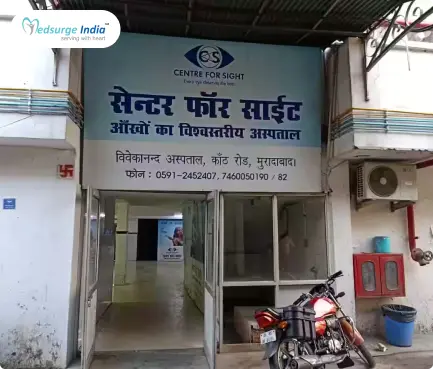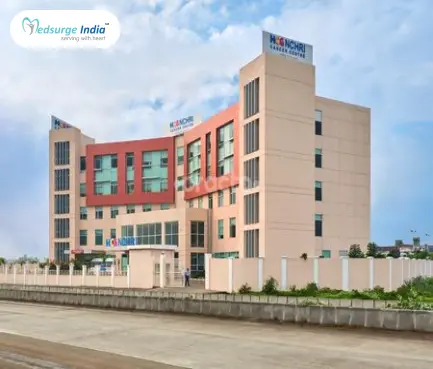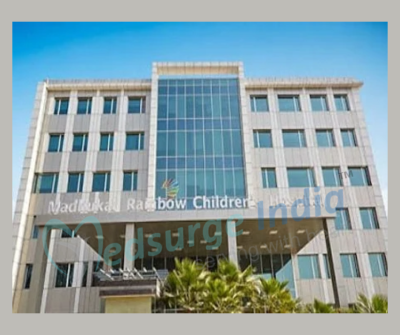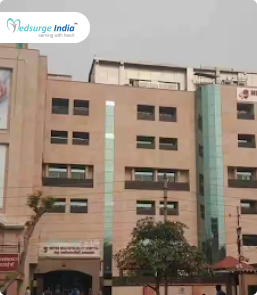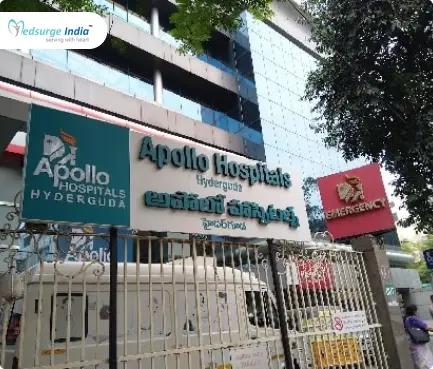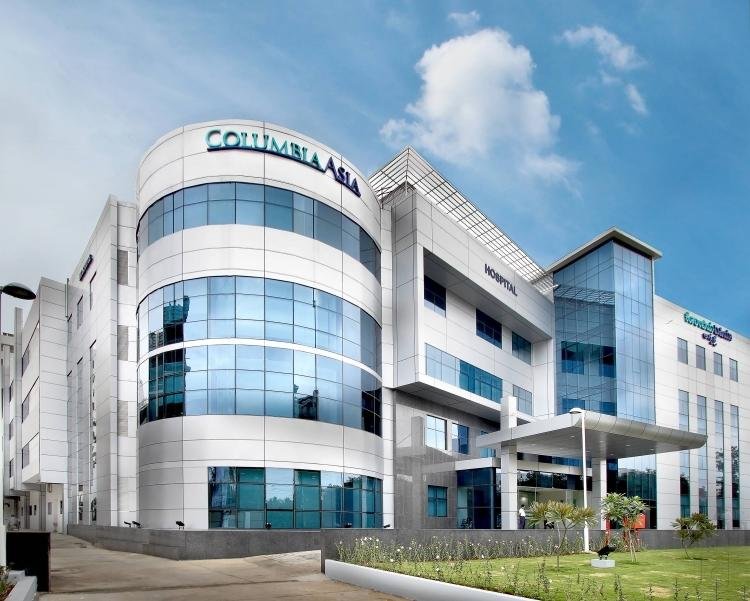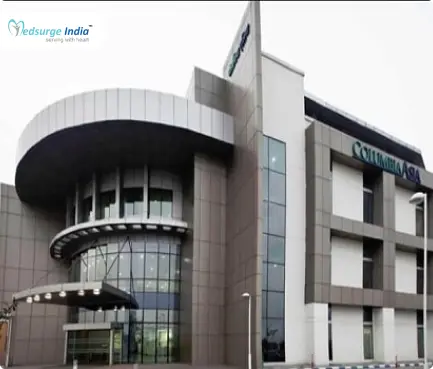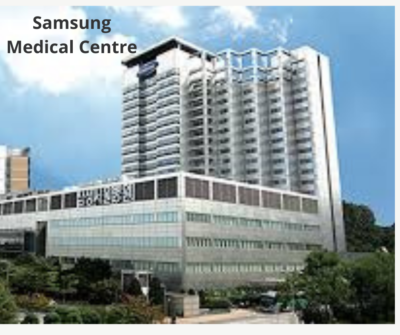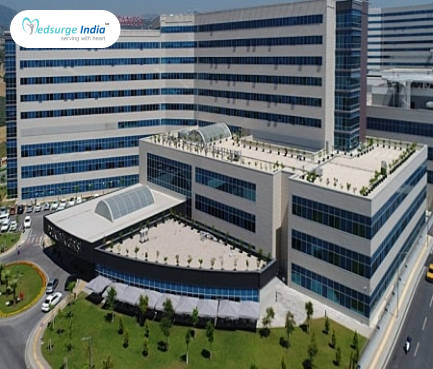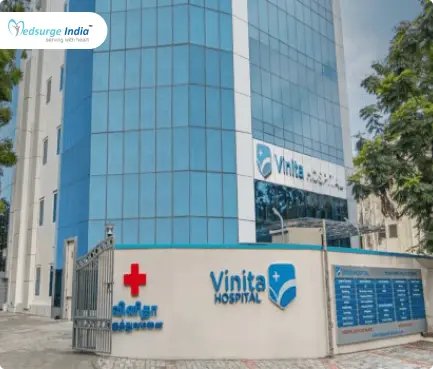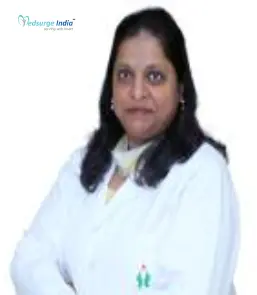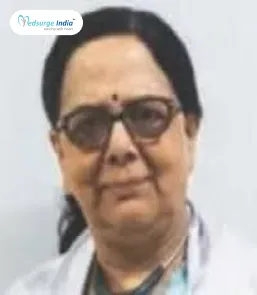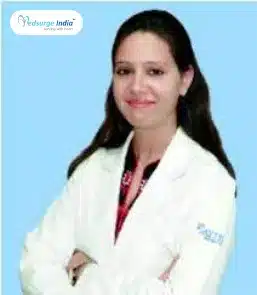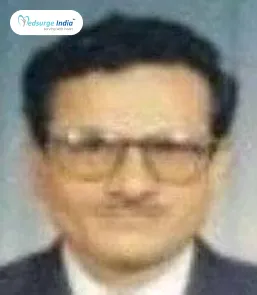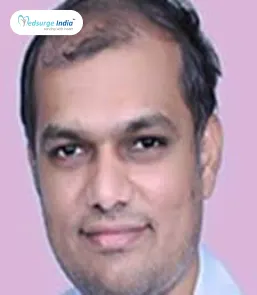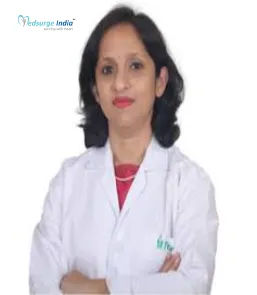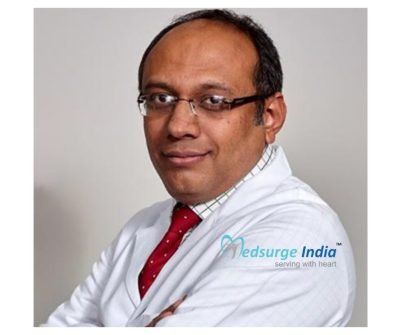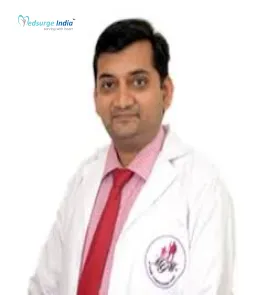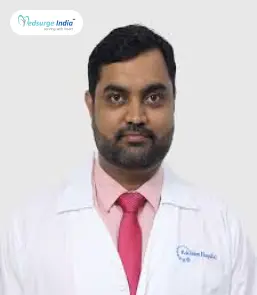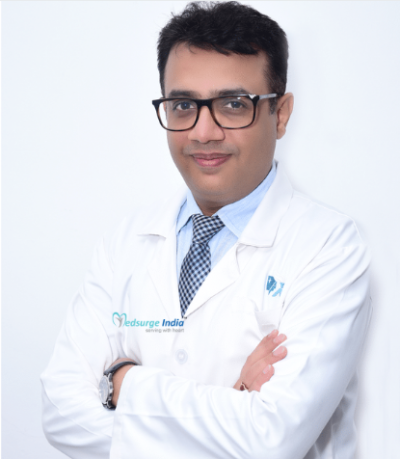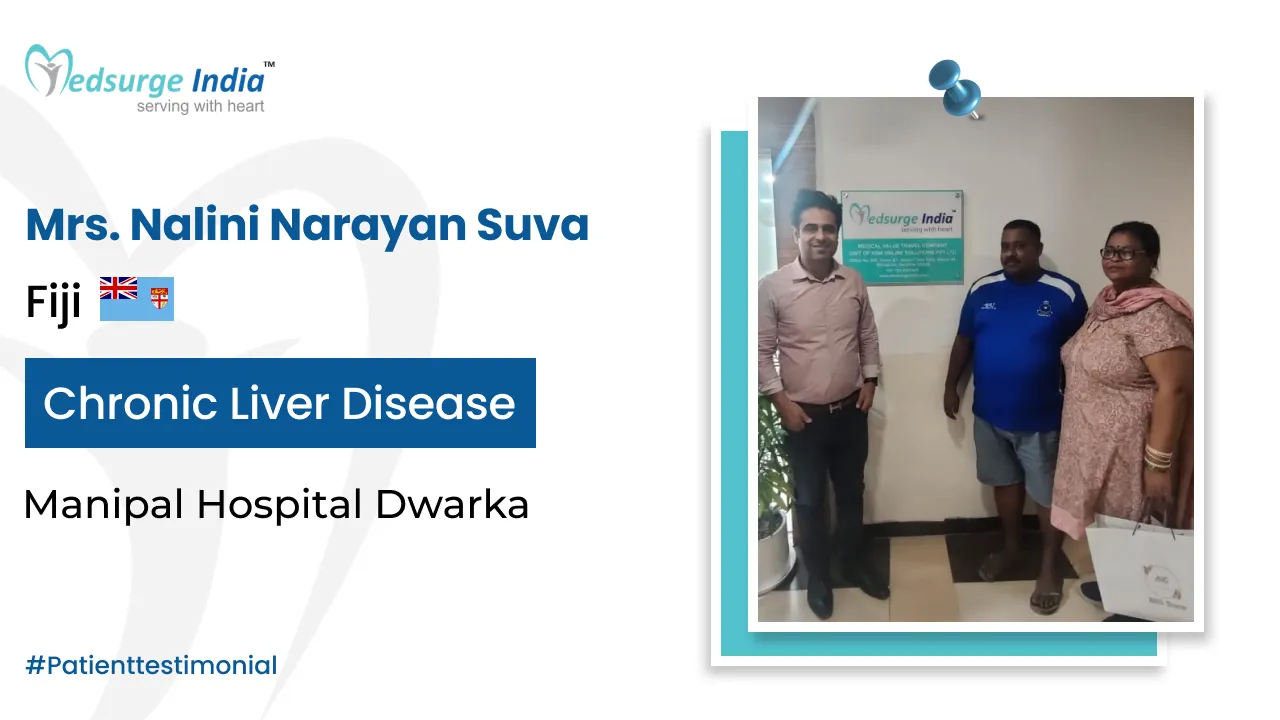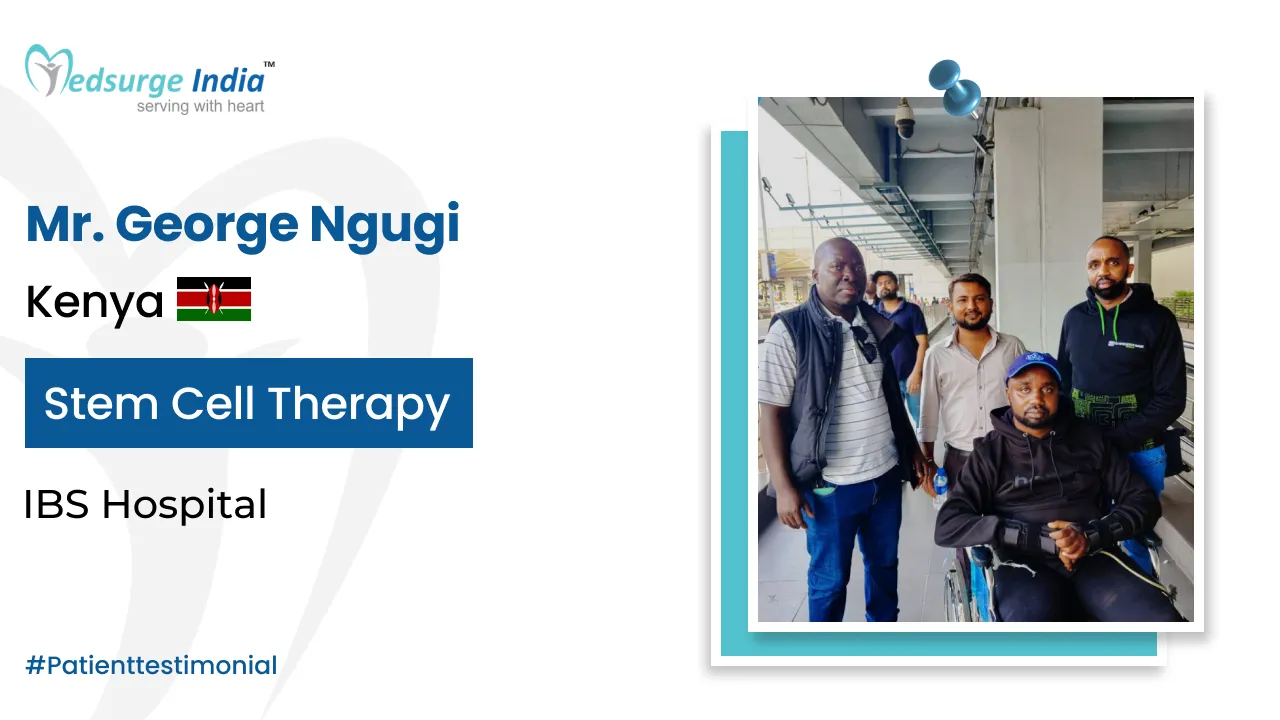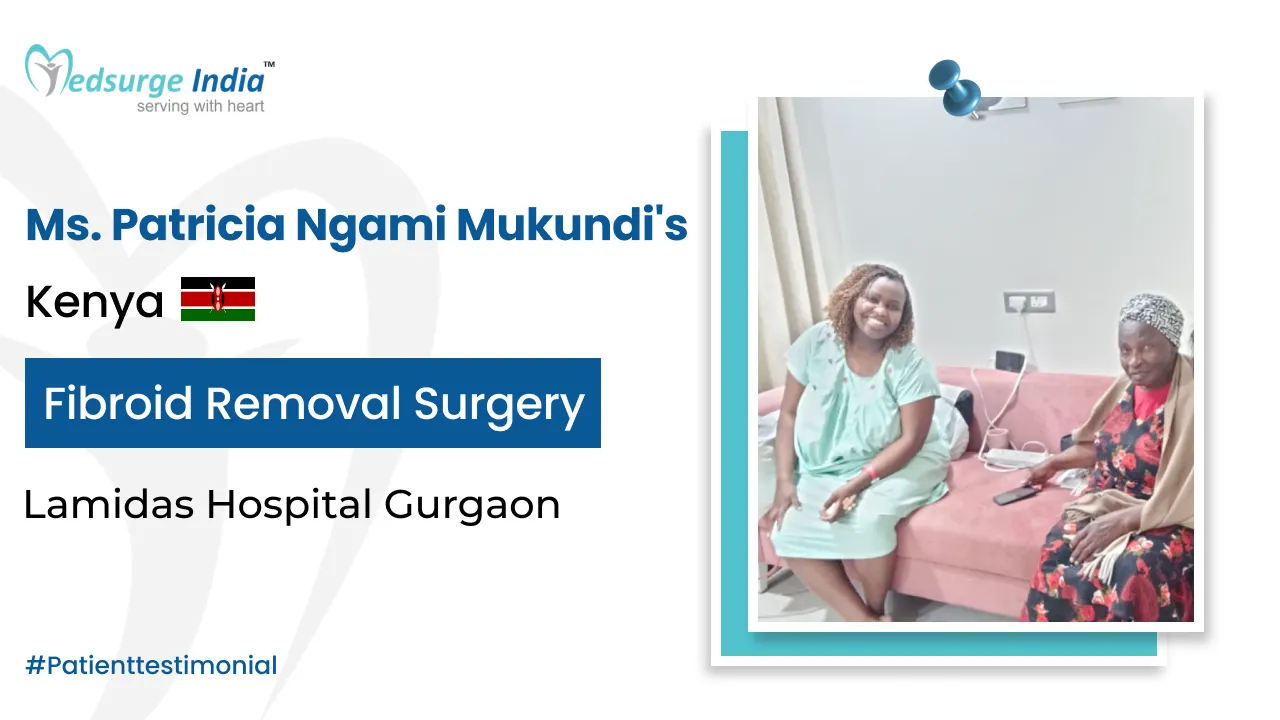
Myelodysplastic Syndrome is an uncommon disorder in which the creation of these blood cells from the bone marrow is disrupted resulting in more immature and faulty cells compared to older, wholesome ones. It’s thought to be a rare kind of cancer.
The proven cure for Myelodysplastic Syndrome is stem cell transplant. Also referred to as bone marrow transplant, doses of chemotherapy radiation or drugs are given to clean out the faulty cells and replace them with healthy, contributed (allogeneic) stem cells. Alternatives for treatment include blood transfusion and drug treatment.
Symptoms of Myelodysplastic Syndrome
Normally, individuals over 60 decades old get Myelodysplastic Syndrome. Even though it can happen to younger individuals too. It might vary from moderate to severe and is determined by person to person.
Symptoms aren’t found in the early phases and are sometimes discovered during a routine blood test. Symptoms include:
- Shortness of breath
- Infection
- Paleness because of nausea
- Unusual or Effortless bleeding or bruising
- Tiny reddish marks beneath the skin
- Frequent ailments
- Bone pain
Helpful – Know All About Myelodysplastic Syndrome and Its Treatment in India
Risk factors of Myelodysplastic Syndrome
- Older age: 60 Decades and over
- Chemotherapy or radiation: Particular cancer Medications Such as Melphalan, Procarbazine, etc Are Directly Connected to Myelodysplastic Syndrome
- Exposure to Specific chemicals: Compounds Such as benzene, pesticides and tobacco smoke Are Directly Connected to Myelodysplastic Syndrome
- Exposure to heavy metals: Such as mercury and lead
- Inherited Ailments: Some conditions Such as Down Syndrome, Bloom Syndrome, Fanconi Anaemia May Raise the chance
- Blood Disorders: Much like Paroxysmal nocturnal hemoglobinuria and congenital neutropenia
Diagnosis and tests
- Physical exam
- Blood cell counts and blood cell examination
- Bone marrow tests
- Flow cytometry immunocytochemistry
- Chromosome tests
Types of Myelodysplastic Syndrome
The kind of MDS is categorized depending on the number of blasts (immature cells) within the blood and bone marrow, and also just how regular they are.
- Refractory anemia (RA)
- Refractory anemia with ringed sideroblasts (RARS)
- Refractory cytopenia with multilineage dysplasia (RCMD)
- Refractory cytopenia with multilineage dysplasia and ringed sideroblasts (RCMD-RS)
- Refractory anemia with excess blasts (RAEB)
- Myelodysplastic syndrome, unclassified (MDS-U)
- MDS associated with isolated del(5q)
- Chronic myelomonocytic leukemia (CMML) and juvenile myelomonocytic leukemia (JMML)
Get Free Cost Estimation
Procedure
Before Procedure
- Physical Examination
- Mention All of Your medical history to your Physician Such as allergies
- There’ll be tests and Evaluation to assess your health
- You’ll Be asked to stop taking certain Medications
- Specific diagnostic tests Are Also Conducted
- Harvesting of stem cells from a matching donor
- A small tube called a central venous catheter will be inserted into a large vein to Receive IV Medications or blood transfusions
During Procedure
- Your physician prepares your body to obtain the treatment referred to as”preparative or conditioning regimen” wherein dosages of chemotherapy will be given to you that could be ablative therapy or decreased intensity therapy
- Radiation may also be performed in order to prepare transplantation
- The immune system is diminished in that time period and drugs are administered consequently
- This preparative regimen will continue approximately a week
- Once cleansing, stem cell transplantation is going to be done on a different day
- The transplant will require 1 to 5 hours
- it isn’t painful, and you’ll be awake during
- Stem cells will be put in luggage, intravenously administered through the central venous catheter into the bloodstream and bone marrow
- you’ll get antibiotics to prevent or treat illnesses
- Your blood will be tested frequently to check for red blood cells, white blood cells and, platelets
- Re-growth or engraftment of stem cells is going to take a couple of weeks.
After Procedure
- You’ll have to remain for a couple of weeks to the stem cells to be made
- You’ll have regular blood transfusions and platelet transfusions
- You will suffer from the side effects of this medication
- You’ll be given fluids by mouth or through a tube out of the nose
- Your blood count along with other vital signs will be carefully tracked
- Medication will be given to deal with illnesses or GVHD (graft-versus-host-disease)
- You remain in the clinic for a month to 3 but may stretch based on your if your retrieval.
Risks or Complications
Certain factors that could arise are:
- Infections
- GVHD (graft-versus-host-disease)
- Acute myeloid leukemia (AML)
- Bleeding
- Clotting
- The problem in the heart, kidney, or liver
- Anemia
Factors affecting the cost of Myelodysplastic Syndrome
Certain factors that affect the cost are:
- Type of the disease
- Treatment including stem harvesting, chemotherapy and/or radiation, and transplant
- Location of the hospital
- Surgeons’ fee
- Diagnostic tests
- Hospital-stay
- Medical care
The Most Important Frequently Asked Questions
Q: What is the most successful treatment of Myelodysplastic Syndrome?
A: Although treatments like Blood transfusion, Medication treatment can be found, Stem cell transplant is the most prosperous treatment up to now.
Q: Can Myelodysplastic Syndrome be cured?
A: Although Stem cell transplant is the only effective remedy for some individuals, for many others it might not heal them whatsoever. Your possibility of treatment is greater if you’re young and also the MDS hasn’t changed to leukemia.
Q: What is my type of MDS?
A: Your kind is dependent upon the number of blood cells affected, immature cells existing, and whether the hereditary material in the bone marrow is regular or not.
Q: What is the Stem cell transplantation?
A: Stem cells are removed from fitting donor cells and implanted from the bone marrow or umbilical cable or blood following radiation or chemotherapy. It’s likewise referred to as Bone marrow transplant.
Q: How will I get a matching donor?
A: A fitting donor might become your sibling or anybody who suits with your stem cell in the donor lender.
Q: Is Stem cell transplant a painful procedure?
A: Throughout the procedure, you’ll be given a catheter that is administered under general anesthesia, and so you will feel no pain. To prepare your system for a transplant, a conditioning program is going to be performed where you are going to get radiation or chemotherapy. In this procedure, you may suffer from side effects. Next, the transplant isn’t debilitating and administered while alerting.
Q: Why does my body need to be conditioned for a transplant?
A: During conditioning, radiation or chemotherapy is administered in order that all faulty blood cells may be killed in addition to the wholesome ones to make way for brand new cells that are mature.
Q: How long will the chemotherapy last?
A: This could take around a week or so.
Q: Will I suffer the side effects of chemotherapy?
A: Not everyone gets unwanted effects and the intensity of it changes from person to person. Symptoms such as nausea, vomiting, hair loss, mouth sores may be experienced through chemotherapy, however, these may be handled with medications and other therapies.
Q: Why is a stem cell transplant done intravenously?
A: This is to allow the stem cells to produce inside the bone marrow or umbilical cord or bloodstream.
Q: What if I got infections during my transplantation stage?
A: Chemotherapy or radiation may decrease your immune system, but you’ll be continuously monitored and supervised with drugs to prevent or cure illnesses.
Q: How long does the stem cell transplant last?
A: It takes about an hour to five and is done while being awake.
Q: How long will I need to stay in the hospital?
A: Based on your general health, age, and other elements, you can stay for a month. It could also take longer based on if diseases are there or not.
Q: What is the survival rate of treating Myelodysplastic Syndrome?
A: Survival speed depends upon person to person and might rely on a lower count of immature cells. Treatment with hematopoietic stem transplantation with long term survival rates between 25 — 70%.
Q: Could MDS recur?
A: Patients with MDS may experience a recurrence following a period of remission. It typically recurs two years following the transplant. If it does, then the physician may suggest another transplant or alternative therapy.
Q: Can I get a visa on arrival if I travel to India for my treatment?
A: Yes, If You’re from Japan, Cambodia, Finland, Indonesia, Philippines, Luxembourg, Myanmar, New Zealand, Singapore, South Korea as well as Vietnam. Travelers from Bhutan, Nepal, and Maldives can enter India without a visa i.e. around 90 days.
Also Read about – Medical Tourism in India is Getting Bigger and Better
Top Hospitals for Myelodysplastic Syndrome Treatment In India
Top Doctors for Hematology
Dr. Prabu P
Consultant
Experience: 15+ years of experience
Apollo Hospitals, Greams Road, Chennai
Chennai, India
Dr. Anjali Jain
Senior Consultant
Experience: 13 years of experience
Fortis Escorts Hospital, Faridabad
Faridabad, India
Dr. Sarmila Chandra
Senior Consultant
Experience: 25+ years of experience
NH Rabindranath Tagore International Institute of Cardiac Sciences, Kolkata
Kolkata, India
Dr. Ashish Dixit
Consultant
Experience: 26 years of experience
Manipal Hospital (Old Airport Road) Bangalore
Bangalore, India
Dr. Silky Jain
Associate Consultant
Experience: 13 years of experience
Max Super Speciality hospital, Shalimar Bagh, New Delhi
Noida, India
Dr. Nataraj KS
Consultant
Experience: 14 years of experience
Sri RL Jalappa Hospital & Research Centre, Tamaka
Bangalore, India
Dr. Rahul Bhargava
PRINCIPAL DIRECTOR & CHIEF HEMATOLOGY
Experience: 20+ years of experience
Fortis Memorial Research Institute, Gurgaon
Gurgaon, India
Dr. Shyam Rathi
Consultant
Experience: 14 years of experience
Fortis Hiranandani Hospital, Vashi
Mumbai, India
Dr. Prathamesh Kulkarni
Consultant
Experience: 9 years of experience
Kokilaben Dhirubhai Ambani Hospital Mumbai
Mumbai, India
Dr. Prashantha B
Senior Consultant
Experience: 20+ years of experience
KMC Hospital, Hampankatta, Mangaluru
Mangaluru, India
Dr. Dinesh Bhurani
Director
Experience: 16 years of experience
BLK Super Speciality Hospital, New Delhi
New Delhi, India
Dr. Gaurav Kharya
Senior Consultant , MBBS, DCH, DNB, Fellowship
Experience: 18 years of experience
Indraprastha Apollo Hospital, New Delhi
New Delhi, India
Dr. Sachin Suresh Jadhav
Head of Department
Experience: 18 Years
HCG Cancer Centre, Bangalore
Bangalore
Dr. A. Karthikeyan
Consultant DM, MD, MBBS
Experience: 25 years of experience
Fortis Malar Hospital, Chennai
Chennai, India

